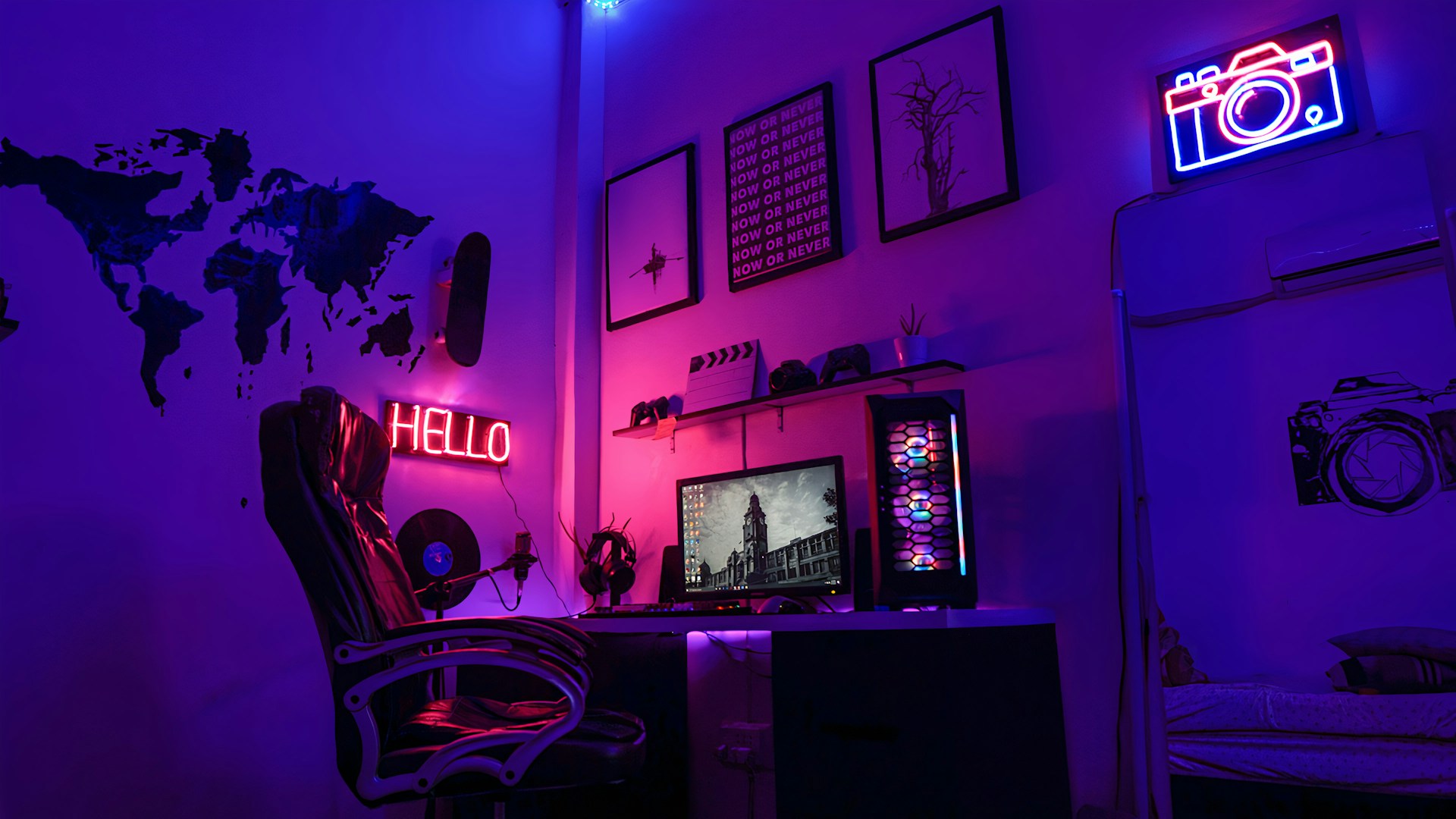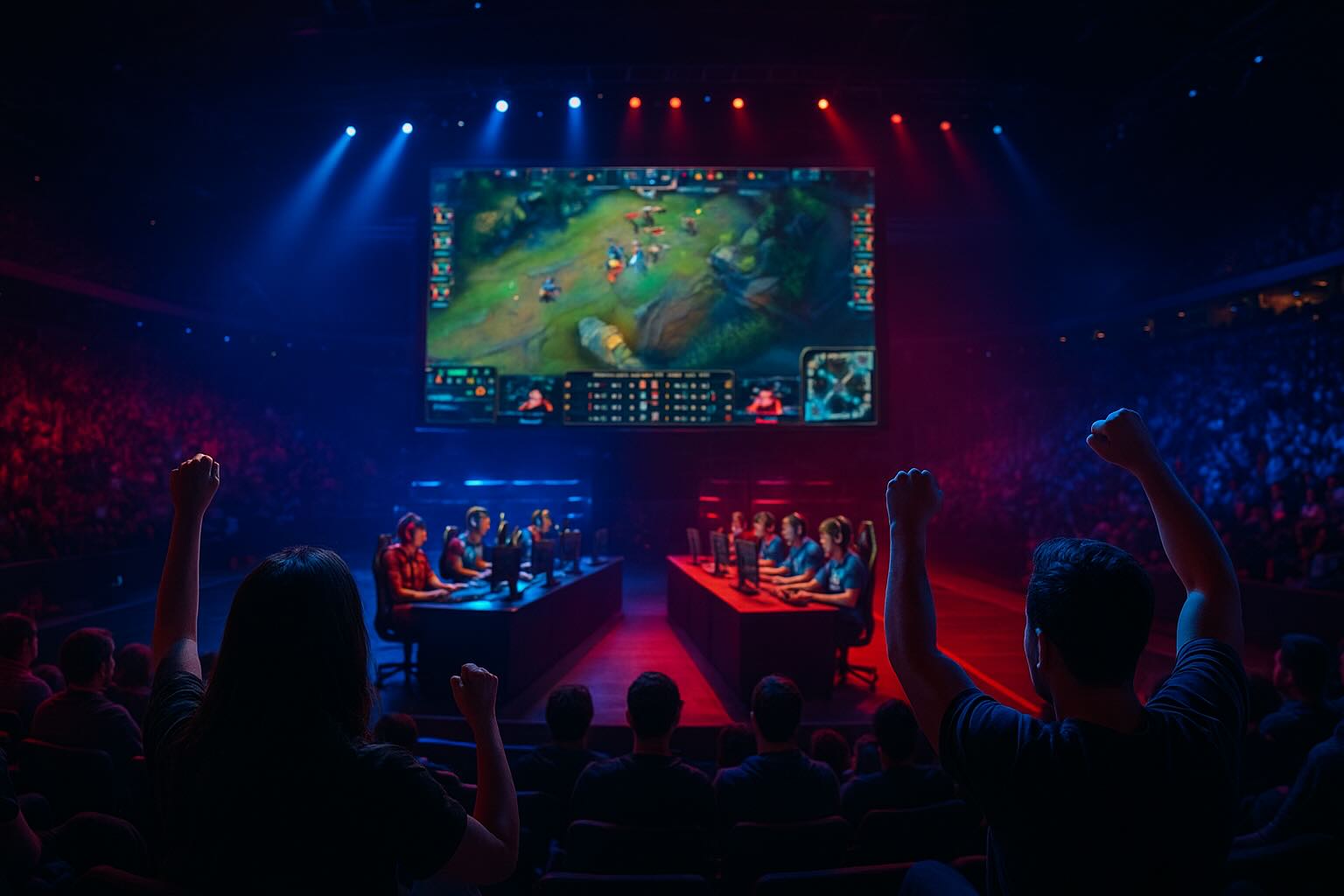News
Brazil, the Philippines, and Turkey Top Global Gaming Time Rankings
by Gaya Salam
October 29, 2025
.jpg) Advertisement
AdvertisementGlobal gaming habits reveal a split between time and spending power — with emerging markets leading playtime while mature markets dominate profits.
Global gaming habits are shifting.
According to new data from Skinsluck.com, players in Brazil, the Philippines, and Turkey are logging the most hours behind the screen — averaging more than 10 hours per week, roughly 30% above the global average of 6 hours and 58 minutes.
That makes gaming one of the world’s most time-consuming digital pastimes, trailing only online video, TV, and social media.
Across 54 countries surveyed in the StatCounter Digital 2025 Global Statshot Report, 30 nations exceeded the seven-hour mark. But the top three stood well apart. Following them were Mexico, Chile, and the U.S., with around nine hours weekly, and Malaysia, Thailand, South Africa, and Argentina rounding out the top ten.
In contrast, the world’s largest gaming economies by revenue — Japan, China, the UK, and Germany — recorded less playtime. Japan’s players, for instance, spend just under four hours a week, while Germany and the UK hover around six.
The divide highlights an intriguing paradox: the biggest spenders aren’t the biggest players.
In emerging markets, a young demographic and easy access to mobile gaming and internet cafés keep gaming deeply woven into daily life.
Meanwhile, in wealthier economies, busier lifestyles and alternative entertainment options mean less time on-screen, even as consumers spend more on premium titles and high-end hardware.
Smartphones remain the platform of choice for 70% of global gamers, followed by laptops (33%) and consoles (23%).
As for content, shooter games lead globally, ahead of action-adventure, sports, and MOBA genres.
As gaming blurs further into social media, entertainment, and commerce, the industry’s next growth curve seems to be coming more from who plays the longest. In a world where screen time equals engagement, time seems to be is the new currency of the gaming economy.
As gaming fuses with entertainment and social platforms, the next growth story won’t be about who pays the most — but who plays the most.In today’s attention economy, time spent may be the industry’s real end game.



.jpg)







